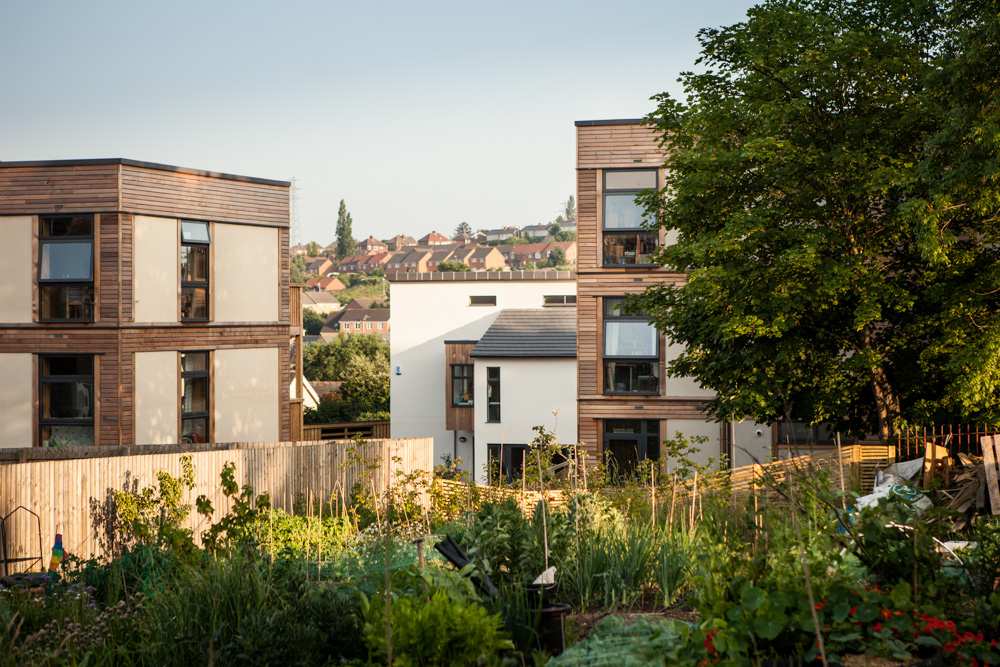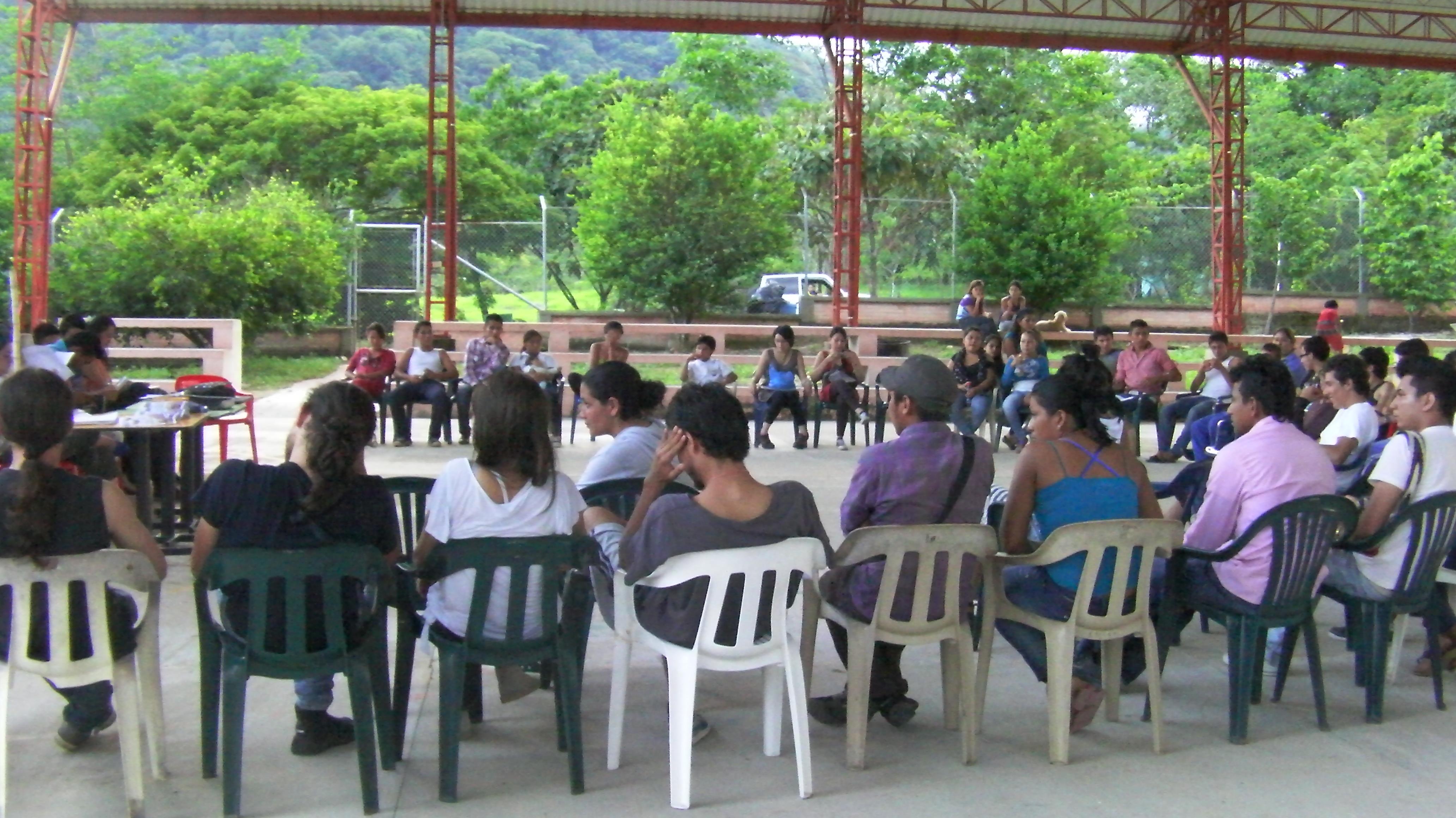This post is about a new type of housing co-op, a Mutual Home Ownership Society (MHOS) only one example of which currently exists in the UK. That co-op is LILAC and I interviewed a member to find out more about it. I was particularly interested in whether it was suitable for small house-share co-ops, and…
Against consensus, for dissensus
[tl;dr for this post: consensus is often a fake consensus, not just because we’re doing it wrong but because we are trying too hard to make it happen and that creates certain pressures, social, animal or otherwise. Sometimes we just don’t agree, and we need to admit that and leave room for disagreement.] I wanted…
The Trespass Videos – a trilogy
I made these videos from some road trips I went on. They are all incredibly amateur. The quality of the footage is not good either – you’ll be pleased to know I now have a (slightly) better camera. But I was experimenting with shooting and editing and it was fun. A walk in the…
Reforming the corporation?
My last post mentioned the US-based Democracy Collaborative, which advocates an economic program that it is possible to imagine being implemented. I think another route to the more cooperative economy they imagine would involve pushing, by a series of reforms over time, the current corporate system towards a more participatory model. The end would perhaps…
A co-operative economy?
The rhetoric of TINA (There Is No Alternative) in the matter of economic organising still permeates British politics. We are offered markets or state control and told that markets are better. We are offered corporations or nationalised industry and told that corporations are better. We are offered private property or state ownership and told that…
Working men’s clubs – a history of self-organisation
I’m currently reading Not Just Beer And Bingo by Ruth Cherrington, a history of working men’s clubs in Britain. At the height of their success there were over 4000 of them. Here a few quick thoughts: While many clubs developed under the patronage of wealthy people, most of the people involved disliked meddling from their…
A walk in Yarl’s Wood
On a fine winter’s day, the first after weeks of storms and rain, I went for a walk in the country. I found myself in a typical English rural landscape, driving down hedge-lined lanes that grew progressively narrower. A couple of dead badgers lay whitening on the edges of the road. At the gate of…
Housing Co-operatives: Building Resistance to the Market
Gentrification is often portrayed in the media as a process in which young, hip people move in to an area, improving its reputation for fun, shopping and culture. Writing in the Evening Standard Richard Godwin informs us that “it is youth culture that helped turn a place like Dalston, once an unassuming place of butchers and…
Common Sense: a brief review
I’ve finally got around to reading Dan Hind’s Common Sense, which I’ve been meaning to do for ages on the grounds that I usually agree with his articles and The Return of the Public was at least interesting. Common Sense is a pamphlet in the tradition of the more famous Common Sense by Tom Paine. Here’s a video of…
Elinor Ostrom, the commons and organising
Ostrom wrote about the governing of Common Pool Resources, in Governing the Commons. In particular she was writing in opposition to neo-liberal economics which was claiming at the time that private ownership was the only way to solve the mythical ‘Tragedy of the commons’. . Ostrom created a list of common design principles from the experience of…








